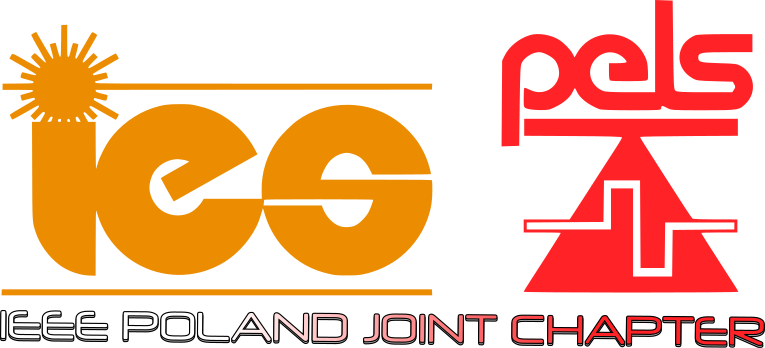IEEE IES Distinguished Lecturer presents: "Distributed Artificial Intelligence in the Future of Smart Grids"

| Subject: | “Distributed Artificial Intelligence in the Future of Smart Grids” |
| Date: | Wed, 24 May 2023 |
| Place | Warsaw Unieversity of Technology, Institute of Control & Industrial Electronics, room SK4 |
| Start: | 10:00 AM |
| Fee | Free of Charge, Registration Required |
| Contact | Adam Milczarek, adam.milczarek@pw.edu.pl |
The smart grid is the transformation of the traditional power system to one that is conscious, intelligent, distributed, and flexible. Such an electric power grid architecture can facilitate the distributed and secure flow of power from renewable energy sources including solar and wind. Smart grid operations and control is complex, now dealing with variable power and energy sources, bidirectional power flows, and uncertainty in forecasting and real- time availability of generation, loads, energy storage and other operational resources. Furthermore, smart grid operations will involve flexible loads and energy storage including electric vehicles. This talk will address the potentials and promises of Distributed Artificial Intelligence (AI) for smart grid operations and control. AI has evolved over the last 50 years to impact complex systems operations and control in a meaningful way. Examples of distributed AI technologies for stable, secure, reliable, and efficient operations and control in for the evolving smart grid will be presented.
Technical Seminar at Warsaw University of Technology

| Subject: | Technical Seminar ar Warsaw University of Technology |
| Date: | Wed, 24 May 2023 |
| Place | Warsaw Unieversity of Technology, Institute of Control & Industrial Electronics, room GE300 |
| Start: | 2:00 PM |
| Fee | Free of Charge, Registration Required |
| Contact | Adam Milczarek, adam.milczarek@pw.edu.pl |
The chapter's board invites all interested persons to participate in the seminar, during which two guests: prof. Gopakumar K. and prof. Poki Ch. present they research in subjects: "A multilevel 24-sided inverter for drives" & “Innovative Analog Applications of FPGA”
Traditionally, the analogue and digital designs belong to two different worlds. There is a huge gap between those two designs. It is really hard to implement analog application with pure digital design due to the lack of aspect ratio, bias, device parameter … tuning. It is even harder for FPGA realization since there are quite many constraints put on FPGA to seriously limit its design flexibility. In brief, there are very few analog applications implemented with FPGA platforms. Till now, the most successful cases are FPGA time-to-digital converter (TDC), digital-to-time converter (DTC) and temperature sensor. The aim of the talk is to bridge the analog and digital worlds to narrow down the huge gap between them. The signal transformation from analogue into digital will be discussed first and then the possible ways of processing such transformed ‘analog’ signal will be covered. Finally, some solid analog applications able to be realized with FPGA will be touched to inspire the imagination and innovation of the participants.
Seminar on Power Electronics for Green Energy Transition

| Subject: | “Power Electronics for Green Energy Transition” |
| Date: | Tue, 25 Apr 2023 |
| Place | Warsaw Unieversity of Technology, Institute of Control & Industrial Electronics, room SK4 |
| Start: | 12:00 PM |
Small Modular Reactors as Support for the Green Energy Transition
The energy transition causes a number of challenges related to balancing systems with a significant share of renewable sources with an unstable supply of primary energy. In the presentation, based on the results of experimental research, the concept of using Small Modular Reactors as support for the green energy transformation will be presented.
Assessment of the Electromagnetic Interference generated by a group of converters
The increasing number of electronic devices increases the likelihood of electromagnetic interactions between them. Initially, it seems that the total disturbances generated by many devices may exceed acceptable levels. Consequently, disturbances generated by a group of devices may create an electromagnetic compatibility problem. The paper will present various approaches to assessing total disturbances generated by power electronic devices. Preliminary experimental measurements will support the presented theoretical considerations.



